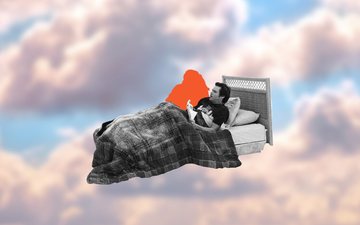
For many people, coffee is part of their morning routine and may not be missing during the day either. However, many others find it difficult to fall asleep in the evening after consuming coffee.
Contacted by CNN, Rob M. van Dam, a researcher in epidemiology and nutrition at the University of Singapore, explained how we should consume coffee wisely so that caffeine does not affect sleep.
"It sounds like a simple question, but unfortunately there is no answer to it. "And that's because different people react very differently to caffeine," he said. "If you are shaking, feeling nervous or your heart rate is changing, you may be drinking too much caffeine. Thus, it can affect sleep. "
Van Dam suggests that for a period of time, do not consume coffee in the afternoon to see if sleep will improve.
"So it really is something that every individual should try for themselves - how much caffeine they drink and when they drink it."

How much caffeine is normal for the body?
Van Dam said that "in general, it is recommended by associations like the US Food and Drug Administration that people consume a maximum of 400 milligrams of caffeine a day or less." A normal cup of coffee contains about 100 milligrams.
That said, up to 4 cups a day is not a risk, although it depends on each individual. However care must be taken not to drink them at the same time as the body finds it difficult to metabolize it.






